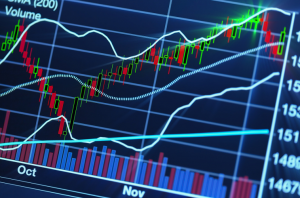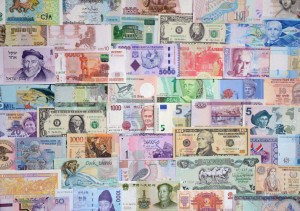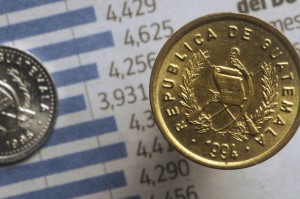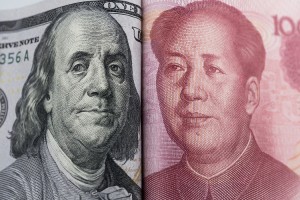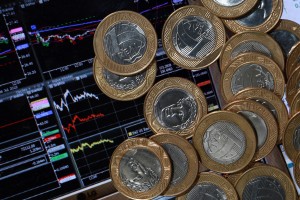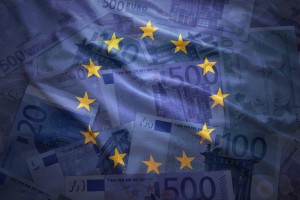As an asset class, gold remains one of the most liquid and robust financial assets in the modern financial frontier. Meanwhile, sovereign debt which is as liquid or more, has empirically proven to suffer huge catastrophic losses in capital and liquidity suddenly posing a systemic risk to the current system.
Click here to continue readingOne of the big concerns on Wall Street is the large amount of share buybacks that corporations are currently engaging in. It’s generally thought that companies engage in buybacks when they have limited investment opportunities to deploy cash.
Click here to continue readingThe media often report that Guatemala’s current financial situation is stable. We often hear boasts that the country’s public debt to GDP is low compared to other countries in the region. However, despite these claims, government finances have not followed a course that would make us optimistic.
Click here to continue readingLatin American economies tend to be highly dependent on raw materials. When the prices of oil and other commodities collapsed in the second half of 2014, Latin American currencies depreciated greatly. The capacity for those countries to generate foreign exchange (FX) reserves was severely affected, resulting in a scarcity of US dollars in their domestic economies that drove the price of dollars higher and plunged local currencies lower.
Click here to continue readingThe Guatemalan banking system, much like the country’s macroeconomic indicators, has been very stable the last few years. The bankruptcies that affected banks and financial intermediaries seem to have been forgotten. In recent history, bankruptcies by financial intermediaries are due to technical mismanagement, scams, or government corruption.
Click here to continue readingOn September 25, President Obama and President Xi gave a joint press conference in front of the White House. Obama was the first to speak. After welcoming Xi Jinping and referring to how much both have worked to increase cooperation between the United States and China, he said, “Since I took office, American exports to China have nearly doubled and now support nearly one million American jobs.” Clearly, Obama was pointing out what he considered to be one of the achievements of his administration, but a look at the numbers tells a different story.
Click here to continue readingMany people thought Brazil was the poster child of economic success for its supposedly sound economic and social policies. It was seen as one of the most promising emerging economies in the world and, given its size, was expected to assume a leadership position on the global stage.
Click here to continue readingThe positive macroeconomic data coming from the Spanish economy contrasts with the economic deceleration experienced by the global economy. During the second quarter of 2015, Spain’s real GDP continued to grow, exceeding 3%. The question is, Will Spain continue to experience economic growth in spite of sluggish global economic growth?
Click here to continue readingRecent events over the last few weeks, which have come about due to increased volatility in the Chinese stock market, have shaken financial markets across the world. Add to this, sluggish eurozone growth and fears of the possible failure of the ECB’s quantitative easing program, and it seems the ghosts of a great new crisis are hovering above the old continent.
Click here to continue readingHistorically, the Guatemalan economy has had low volatility. For the past twenty years, the average growth rate has been 3.5%. [1] This level of volatility is generally lower than that of the other economies in the region. However, as the country suffers its worst political crisis since 1993, the question on everyone’s mind is, Will the political crisis affect the economy?
Click here to continue readingGet our free exclusive report on our unique methodology to predict recessions


